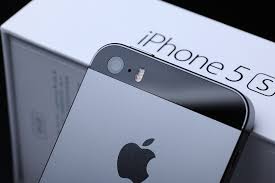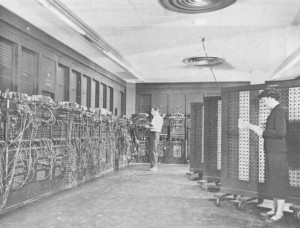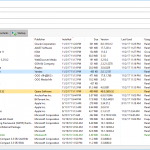July 20 marked the 45th year of NASA’s alleged successful land on the moon. Many controversy have circulated about this journey to the moon and back, but we are not writing this article to dwell on those topics. Rather, we will take you down to memory lane and show you a world prior to tablets, android phones and Google glasses.
The 60’s as a leap in technological capabilities
You might not know it, but the ‘very first computer’ called ENIAC (Electronic Numerical Integrator and Calculator) was developed between the years 1943 and 1945. Soon after, it replaced the role of women who were employed to calculate firing tables. Within a few years, universities and governments were funding the development of computers. Thus by the end of 1950’s, quite a handful of influential people already had access to it – the rise of IBM.
The birth of modern electronics
A significant invention during this decade is that of the transistor. With it, more efficient computers and processing devices became a reality and as you are guessing the invention of the ‘microchip.’ All of these was made possible because of the diligence and dedication of NASA.
The combined resources of NASA and the futuristic thinking of IBM led 3500 employees working hard to install 360 mainframe computers at the Goddard Space Flight Center. This was powerful enough to launch a rocket into space and land three men to the moon.
The Catch: Your iPhone is more powerful than the computational power built by IBM in the 60’s

You may not believe it, but this is a fact. Technology has evolves so quickly that:
- The A7 chip used for your iPhone 5s is far powerful than the 1960’s microchip
- The quad core computer you use at home is 10,000 times faster than the computer used by the astronauts of Apollo
- The M7 processor for your iPhone is 150 times more powerful than that created by IBM back then
Words of Wisdom
Your iPhone may slow down while it loads Facebook or while listening to iTunes. Be patient and always remember that those astronauts who managed to reach the moon and back relied with a computer with lesser capacity than yours. You can do far greater than things than them if only you’ll be patient.









